Bulgarian adolescents occupy the first places in terms of smoking, alcohol and cannabis use and second place in terms of early sexual life. The alarming data was recently published by the World Health Organization (WHO) in its report "Spotlight on adolescent health and well-being". The survey covers 45 countries and is conducted once every 4 years among children aged 11 to 15 years.
"The trend continues to deepen, and the levels of alcohol consumption have doubled since the previous study”, says Assoc. Prof. Dr. Mihail Okoliyski, WHO representative in Bulgaria. “One of the most shocking data is that in Bulgaria girls smoke more than boys, which is not observed in any other country. And this jeopardizes their reproductive system and sends an alarming signal to the demographic picture here”.
What other facts are of concern to experts? 28.9% of students regularly drink alcohol, which is a significant increase compared to 2014, when this percentage was 16.4%. In terms of cannabis use, Bulgaria ranks first with 19% for boys and 16% for girls. 37% of 15-year-old boys and 25% of girls of the same age have sexual experience.
"In Bulgaria, young people start trying or using psychoactive substances, alcohol and cigarettes at an increasingly earlier age. 9% of 11-year-old children, 26% of young boys and 38% of young girls smoke”, comments Dr. Radosveta Stamenkova from the Family Planning Association. “A worrying finding of the study in the WHO report is that Bulgarian students are in the last place in terms of the support they feel from their parents. Depending on gender and age, the level of family and peer support varies between 32% and 46%. "
Specialists see a solution to the existing problems in active prevention and in providing comprehensible health information. Young people need to be informed and able to talk about the topics of high interest to them. Assoc. Prof. Okoliyski explains the problem with the still unsatisfactory level of health education in Bulgaria as follows:
"Parents have not had a health education at school and many of them are not aware of the risks to children from early use of alcohol or tobacco. And very often they do not try to protect them, and even if they do - they do not know how. It is necessary to start health education as early as possible and to explain the risks that children take so that they can consciously avoid them."

Sociologist Silvia Ivanova is also positive on this issue:
"Many students are aware of the risks associated with the use of psychoactive substances and the emergence of addictions. When talking openly about drugs, alcohol, smoking, sexual health, children are better able to develop negative perceptions of these risk factors.”
The picture of risky behaviour shows a host of unhealthy habits among Bulgarian adolescents, says Lydia Vasileva, head of the study in Bulgaria. In her opinion, mental well-being is also a serious problem. The most common complaints of Bulgarian adolescents are nervousness, irritability and headaches. The daily consumption of sweets and sugary drinks also puts young Bulgarians in the lead in the negative rankings. Also, only about 20% of Bulgarian youngsters are sufficiently physically active every day, the WHO report indicates.

The publication uses materials from BNR-Radio Vidin.
English Rossitsa Petcova
Photos: BTAA Christmas tree with Bulgarian decorations has been placed in a central location at the Griffin Museum of Science and Industry in Chicago. For the fifth consecutive year, Bulgarians living in Chicago crafted the lavish decoration of the Bulgarian..
The usurpation of cultural heritage is one of the many inevitable consequences of any military conflict, both historically and today. Until the end of the war in Ukraine, it is impossible to adequately analyse the extent of the damage caused to the..
Athens plans to modernise the Greek army by 2030 Greece's Defence Minister Nikos Dendias presented the plan for changes in the army to the parties in parliament. The reforms will cover all three branches of the military. By 2030, 33 units..
The traditional Bulgarian Christmas picnic, organized by the Bulgarian Cultural and Social Association "Rodina - Sydney" and the Bulgarian School..
Radmila Sekerinska from North Macedonia appointed NATO Deputy Secretary General NATO Secretary General Mark Rutte has appointed Radmila Sekerinska..
Two graduates of the Bulgarian School "Saints Cyril and Methodius" in Jordan presented their achievements at an event at their school "Hadi al Muhammadi"..

+359 2 9336 661
